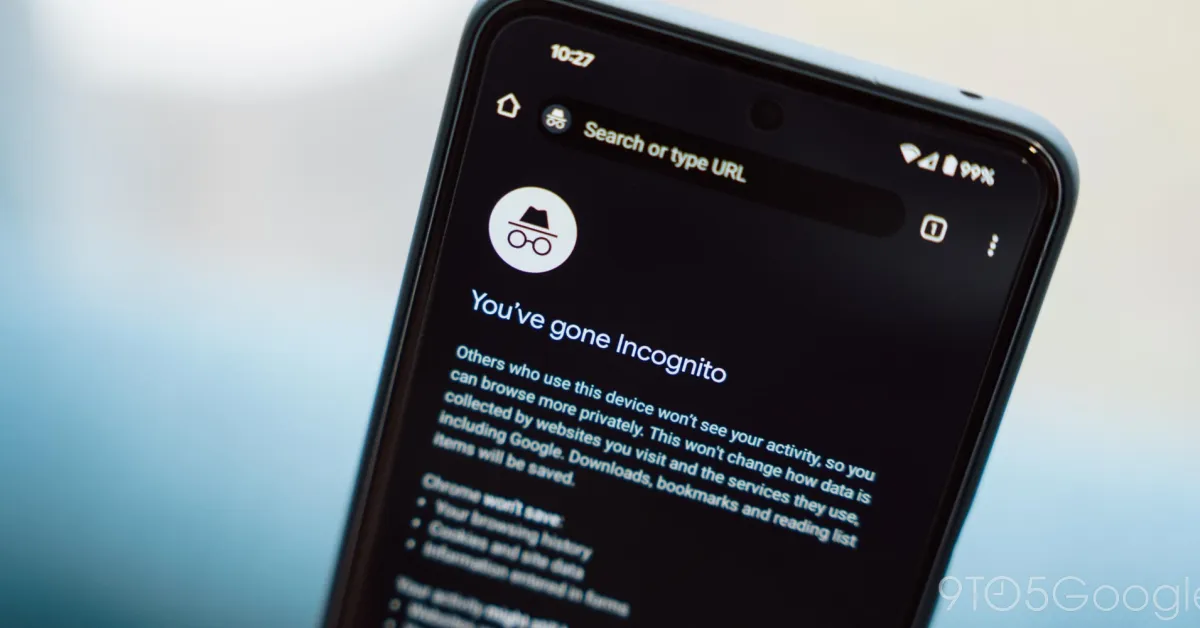Highlights
- Google agrees to destroy data secretly collected from Incognito mode users.
- Potential $5 billion payout in lawsuit for privacy breaches.
- Settlement demands transparency in data collection from private browsing.
- Google to allow blocking of third-party tracking cookies in Incognito for five years.
Google has decided to delete billions of pieces of data that it had collected without users knowing, even when those users were browsing in ‘Incognito’ mode, seeking privacy.
Google Deleting incognito Data

This decision comes after a lawsuit launched in 2020, which might see Google having to shell out as much as $5 billion, or $5,000 for each person affected.
This legal action involves millions of Google users who thought their browsing was private when using Incognito mode since June 1, 2016.
A settlement proposal was submitted to a federal court in Oakland, California, and is waiting for the green light from US District Judge Yvonne Gonzalez Rogers.
While a trial was initially on the cards for February, a settlement reached last December paused these plans, although the specifics weren’t disclosed back then.
According to the lawsuit, Google was accused of using its analytics and cookies to track users even when they opted for private browsing modes, essentially gathering a treasure trove of data on individuals’ online activities without their knowledge.

This tracking allowed Google to learn deeply personal details about users, from their social circles and interests to their private searches.
As part of the settlement, Google is expected to be more transparent about the data it collects in private browsing sessions and will give Incognito mode users the option to block tracking cookies automatically for the next five years.
David Boies, representing the plaintiffs, hailed the settlement as a significant move towards demanding honesty and responsibility from major tech firms.
On the flip side, Google, through spokesperson Jose Castaneda, maintained that the lawsuit was unfounded but expressed contentment in reaching a settlement.
Castaneda emphasized that Google does not link data to users in Incognito mode and is ready to erase old technical data that was never tied to individuals or used for customization purposes.
FAQs
What led Google to decide to delete data collected from Incognito mode users?
Google’s decision comes after a lawsuit filed in 2020, alleging the company collected data from users browsing in Incognito mode without their consent. This move is part of a settlement proposal awaiting court approval.
How much might Google have to pay for the alleged privacy violations?
Google could pay up to $5 billion in damages, equating to about $5,000 for each affected user. This payout is to settle claims of violating federal wiretapping and California privacy laws.
What does the lawsuit claim about Google’s data collection practices?
The lawsuit accuses Google of using analytics and cookies to track users in Incognito mode, collecting detailed information about individuals’ online activities, interests, and private searches without their knowledge.
How will Google’s settlement affect Incognito mode users?
As part of the settlement, Google is required to be more transparent about what data it collects during private browsing sessions. It will also provide Incognito mode users with the option to block third-party tracking cookies by default for the next five years.
Also Read: Google Chat Rolls Out New Voice Messaging Feature for Workspace Users
Also Read: Google Password Manager Now Supports Direct CSV Import and Export
